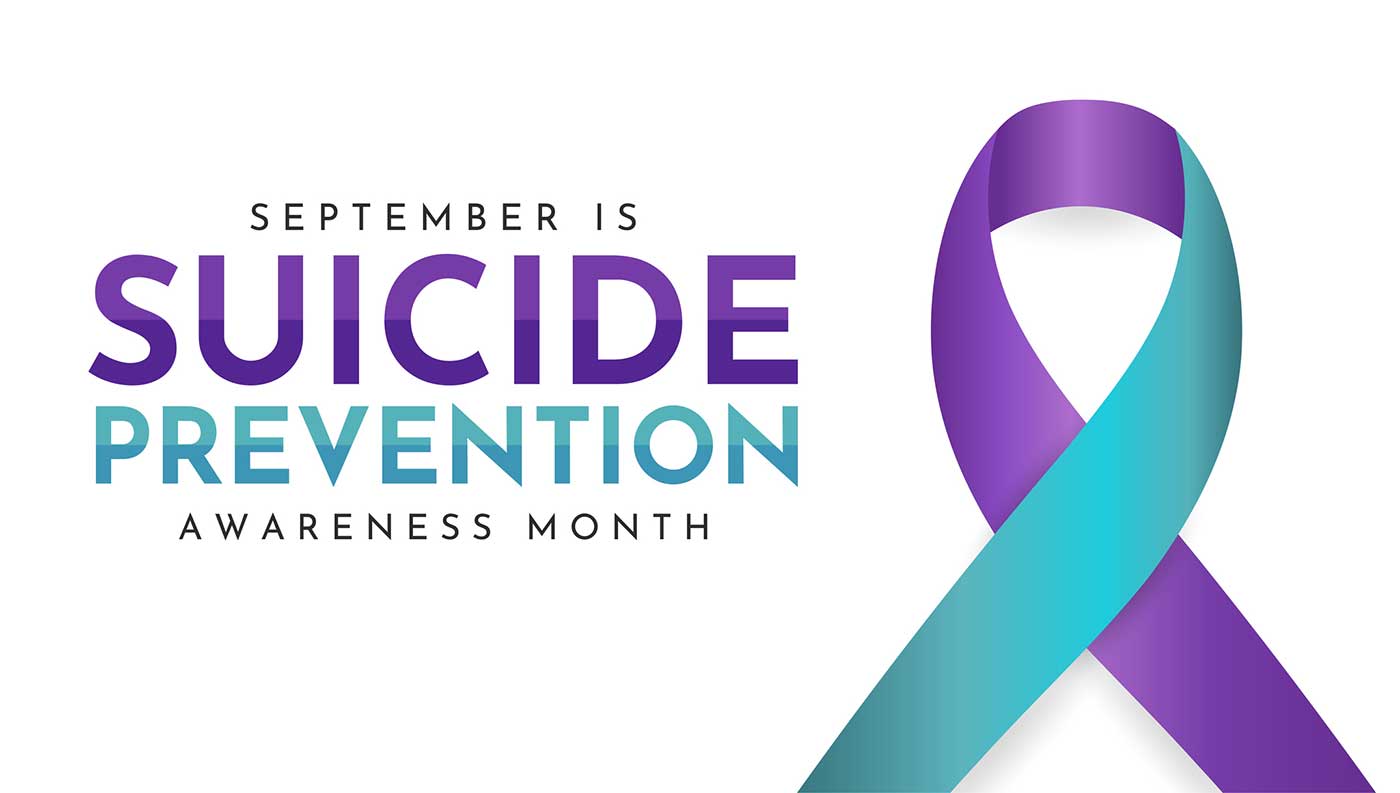In emergency medicine, patient care is the priority over physician self-care, which can mean sacrificing your own basic needs when working. However, neglecting self-care can lead to burnout and compromise your ability to provide optimal care. To thrive in this demanding environment, it’s essential to develop strategies that allow you to ensure you are eating and drinking during your busy shifts.
Here are seven tips to help you be at your best in the emergency department:
- Pack Nutrient-Dense Snacks: When time is of the essence, having quick and easily accessible snacks on hand is crucial. Opt for nutrient-dense options such as nuts, seeds, granola bars and dried fruits. Stock your workspace with single-serve portions of snacks so you can conveniently grab them between patient consultations or procedures. Check out these suggestions for other healthy snacks.
- Hydration is Key: Dehydration can impair cognitive function and diminish performance, according to the International Journal of Emergency Medicine, so it’s vital to stay hydrated throughout your shift. Keep a reusable water bottle nearby and make a conscious effort to sip water regularly.
- Utilize Meal Prep: Spend some time before your shifts preparing meals that are easy to grab and eat on the go. Consider preparing salads, sandwiches, or wraps loaded with protein and vegetables. Here are some meal examples that take approximately 3-5 minutes to prepare.
- Take Advantage of Downtime: While the emergency department can be notoriously hectic, there may be brief lulls in activity between patient influxes. Use these moments to prioritize refueling your body. Even a five-minute break to eat a handful of nuts or drink a glass of water can make a significant difference in your energy levels.
- Schedule Regular Breaks: In addition to taking short breaks during unplanned downtime, scheduling regular breaks for meals and snacks is essential for your well-being. A Western Journal of Medicine study showed that emergency department physicians who took breaks had improved time-to-provider and time-to-admission for certain patient groups. Treat these breaks as non-negotiable appointments with yourself, and communicate your needs to your colleagues and supervisors.
- Establish a Buddy System: Enlist the support of your colleagues to hold each other accountable for taking breaks and eating regular meals. Designate specific times when you can cover for each other to ensure everyone has an opportunity to nourish themselves adequately.
- Practice Self-Compassion: Finally, remember that taking care of yourself is not selfish—it’s necessary for providing the best possible care to your patients. And it’s an important way to protect against burnout as highlighted by MedPay Today. Be kind to yourself on days when things don’t go as planned, and strive for balance between your professional responsibilities and personal well-being.
Takeaway
In the fast-paced environment of the emergency department, prioritizing physician self-care can often take a back seat to patient care. However, by implementing these strategies and making your own health a priority, you can ensure that you have the energy and resilience to continue providing top-notch care to those who need it most. Remember, nourishing yourself is not just a luxury—it’s a fundamental aspect of being an effective emergency medicine physician.






Responses